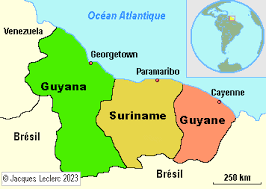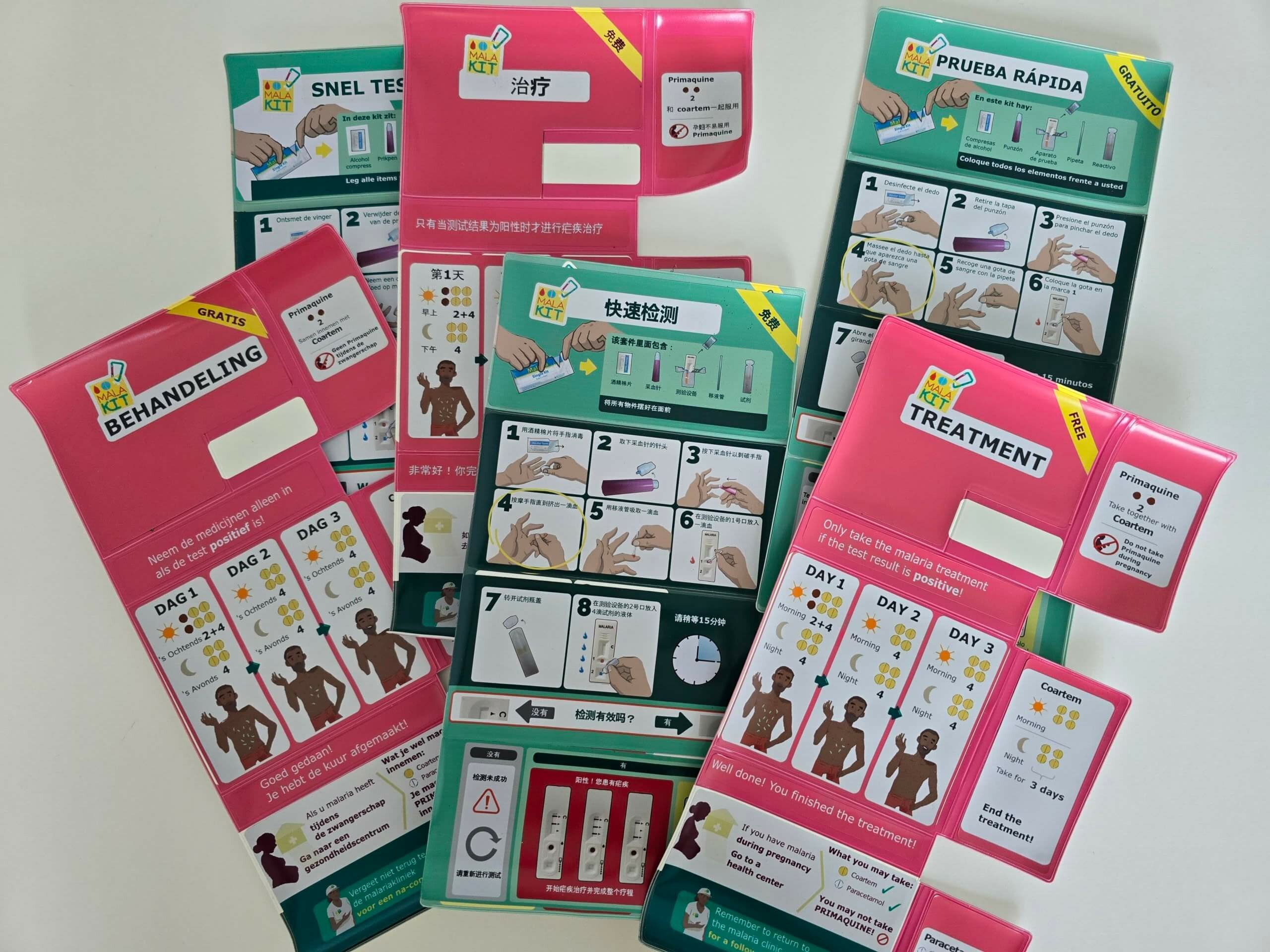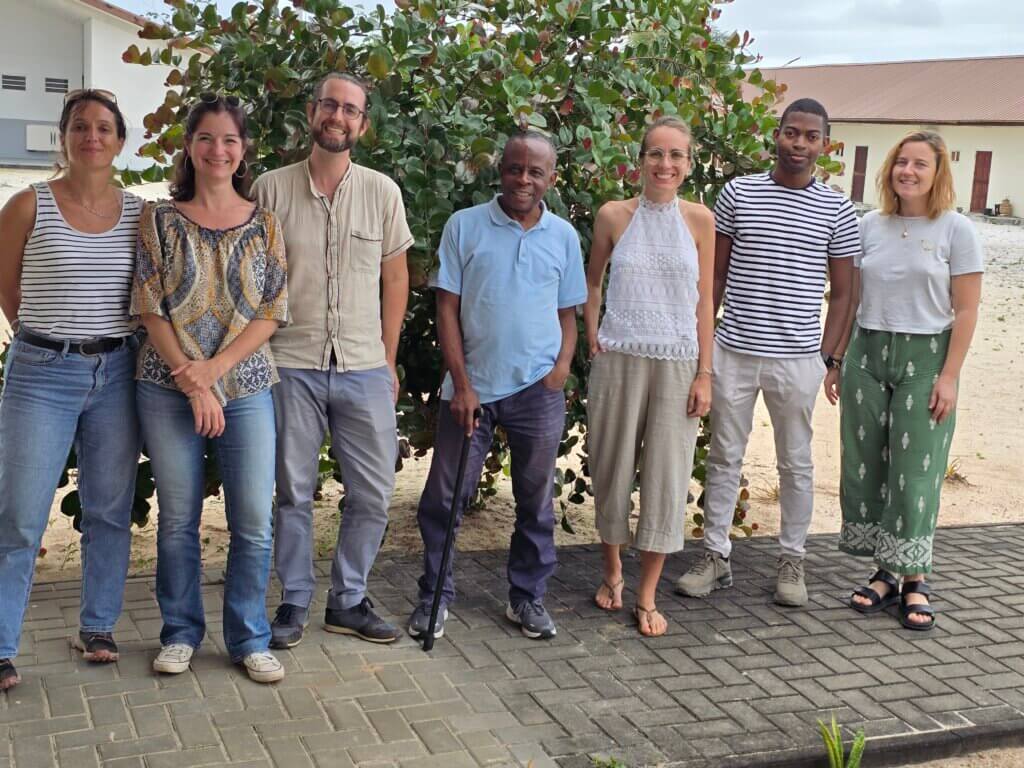The encouraging results of the Malakit study and the challenge of continuing to work towards the elimination of malaria in the Guiana Shield region open up new perspectives.
The Malakit strategy, adopted by Suriname’s malaria program as an additional tool in their malaria elimination arsenal, has been deployed on the border between French Guiana and Suriname with the support of the Global Funds. Malakit is currently also offered to people traveling to the interior of Guyana.
You’ll find here our publication in Malaria Journal “From an interventional study to a national scale-up: lessons learned from the Malakit strategy at the French Guiana–Suriname border”.
Our ultimate objective:
To contribute to the international toolbox of strategies that can be mobilized for the control and elimination of malaria in isolated, mobile and clandestine populations, often suffering from residual malaria, which represents a real challenge for those involved in the fight against malaria in many countries around the world.


